Talking with your kids about racism is essential for families of all racial backgrounds. This has been a deeply upsetting time of national and international news, with haunting scenes of racist murders, protests and riots, brutality inflicted by individuals, police and governments, and other modes of human suffering depicted on TV, social media and the radio. It’s hard to answer both our own questions and our children’s questions because there is so much uncertainty, and yet we have to talk about these difficult topics.
You may be wondering how to talk with your children about racism. If you are a parent of color, these conversations are especially painful as they are tied in with efforts to keep your children safe in a white supremacist world that has been slow to change. If you are white, you may have fears of getting it wrong or unintentionally creating prejudice. However, it is important to be proactive about building a positive awareness of racial identity and diversity as discussed by Beverly Daniel Tatum in this great 20-minute video and this interview with Jennifer Harvey, both on NPR. Children notice racial differences as babies and learn to assign them value from society. Check out this helpful chart on how children develop racial ideas. Encourage your children to enjoy cross-racial friendships. That is the best way to help children change the world.
If you have older children, you may be wondering how much to share your feelings or be concerned about what they are reading and watching on social media. You may be triggered yourself and find it hard to talk about current atrocities and the perpetuation of white supremacy. If you are a white parent who has not talked about race much, this this 4-minute video does a great job of explaining systemic racism. If your white children are not that interested in what is going on yet, now is the time to start engaging them in conversations about race and racism, starting where they are. Ideas on how to initiate conversations below.
Racial Identity Development
Children, teens and adults are at all different stages of their racial identity development, no matter what their racial identity is, and this can be challenging, whether you are talking with a child or a friend. Read Beverly Daniel Tatum’s book Why are all the Black Kids Sitting Together in the Cafeteria?: and Other Conversation on Race which does an excellent job of explaining racial identity development from preschool years through adulthood for both whites and people of color. We must seek to meet others where they are and engage in meaningful conversations to bring about justice and healing. We and our children of all racial backgrounds have absorbed ideas from friends, school and society that need to be unpacked and sorted out. You can use these norms for conversation that I’ve used when doing workshops with young people and adults to keep the conversation productive.
Talking with your kids about racism can be hard when feeling anger, frustration, fear and exhaustion, but it gets easier with practice. If you are reading this as a white person, it is important to recognize that you have the privilege to have these conversations not as a way to survive and help your kids survive, but to educate and use your privilege to raise children who will continue to fight racism and amplify voices of color. Diverse groups that work together with respect and mutual appreciation are healthier and stronger. Everyone benefits from healing racism.
Now is the time to rededicate ourselves to racial justice
The tragic killings of Ahmaud Arbery, Breonna Taylor, George Floyd and victims of mass shootings call us to make changes in how we talk, act, and live our lives. If you are white or have been holding back on these conversations to protect your children, now is the time to start talking with your families about racism if you haven’t already done so. Now is the time to pay attention to the America’s long history of structural racism and to speak up about injustice. Our country’s survival depends upon it. It is time to feel and honor the oneness of our humanity.
COVID-19 has affected all of us, but is having a much more dramatic negative impact on Black and Brown people due to long-standing systemic racism that causes poverty, poor health, less access to educational opportunities, crowding, inhospitable environments and on and on. You can read this article from May 2020 for more information. More statistics and understanding will emerge over time. What is clear is that we must address the systemic inequities in our country and world for the greater health of all.
So what can we do to feel better and do better to create change?
Many things. I am sharing some of my favorite ways of creating change below. See which ones appeal to you. There is something for everyone. You can make a real difference if you commit to doing at least one thing each week. Positive action breeds inspiration and energy, so you will feel better as you act. We have months and years of work to do, so get your kids involved, too!
GET CLEAR ABOUT YOUR BELIEFS AND VALUES
Talk about the questions below with your children. Find out what they think. Share what you think. Ask questions. Listen to each other with curiosity. Share your values and why you hold them. Decide what you want to stand for as a family.
What do I believe about human beings? How are we all connected?
What freedoms do I think all people should enjoy? Why?
How willing am I to give up a freedom or privilege I enjoy to help someone else?
Who are my friends? Would I like to widen my circle to include more people who may be different from me? If so, what are some steps I can take to connect?
What values are most important to me when I make decisions? What do I fight to protect? What matters most to me?
Who do I want to support and get to know better?
When the world is painful to look at and experience, how do we respond?
EDUCATE YOURSELF
The more we know, the more we are able to share. Learning is a lifelong journey. We must model learning by reading, watching movies, webinars and videos, taking classes, talking, and taking risks to speak up that enable us to grow through experience. We all have blind spots, so we will mess up or miss opportunities, but if we keep trying, we teach our children to be courageous by acting despite our fears and uncertainties. The more we learn, the more we understand the wide variety of experiences of other people as well as the commonalities. This knowledge builds compassion and understanding.
Great resources for self-education available online:
Excellent Parents’ Guide to Preventing and Responding to Prejudice with developmental guidelines for kids ages 2-17 from Tolerance.org .
This blog post has a fabulous list of resources – podcasts, articles, book recommendations for both adults AND children. Bookmark it and start listening, watching and reading.
Embrace Race has excellent articles, downloadable PDFs and webinars. Get on their mailing list. Support them.
Teaching Tolerance is full of excellent articles to read and share with your child’s teachers. You can even share some of lessons with your family this summer.
Join the Families Organizing for Racial Justice newsletter. I co-founded this organization six years ago in Newton, MA. Our new coordinator sends out monthly newsletters with helpful links and information about inspiring meetings you can join by Zoom.
The National Museum of African American History just opened its brand new portal on talking about race. They provide digital tools, online exercises, video instructions, scholarly articles and more than 100 multi-media resources tailored for anyone committed to racial equality.
Boston University just opened a new Center for Anti-Racist Research, founded and directed by Ibram X. Kendi! Join their mailing list and check it out.
Read Books! Note: The following are all authors of African-American descent because I am focusing on anti-black racism in this current post. I will add other author suggestions from a variety of perspectives in future posts.
I highly recommend Ijeoma Oluo’s book So You Want to Talk about Race. She does an excellent job of sharing personal experiences and modeling how to talk about race-related topics in helpful ways the move the conversation forward towards action and change.
Beverly Daniel Tatum’s 20th Anniversary edition of her national bestseller Why are All the Black Kids Sitting Together in the Cafeteria?: and Other Conversations About Race is a fantastic book to read and discuss with others.
I am currently reading How to Be an Anti-Racist by Ibram X. Kendi. It has been described as “is the most courageous book to date on the problem of race in the Western mind” by the New York Times. Kendi’s work is engaging and highly informative, and he is an excellent speaker. You can find many of his talks online.
Children’s Book Recommendations:
Check out my activist friend Ashia Ray’s Books for Littles website and become a patron to receive her newsletter. She analyzes and recommends books, interviews authors, and helps parents get braver about talking about all sorts of difficult topics with children.
My activist friend Ellie Axe co-founded Story Starters. This is a great program for families with children ages 3-8 that creates community with monthly books and suggestions for how talk about racism with young children. Their next program launches July 6th. Registration opens here on 6/8/20
Check out We Need Diverse Books – a grassroots organization that advocates changes in the publishing industry to promote literature that reflects and honors the lives of all young people. They have some summer reading suggestions, too!
TAKE ACTION
Organize talking Zoom calls with people you know to read articles and books or watch videos together. Identify action steps you can take at the end of each call.
Help your child start thinking about being an agent of change – a person who can take action. Jennifer Harvey, author of the excellent book Raising White Kids suggests these questions when kids are processing tough experiences (p.267). These questions can be used by children of any race to sort through feelings and future actions.
- How would you have handled “x” if you had been there?
- If you were a person of color in this situation, how do you think you would have wanted a white friend to handle it? [My addition for kids of color: If you or a family member had been in this situation, how would you have wanted others to support you?]
- What do you wish you had said?
- Is there a way you and I could think together about how you might go back and deal with this/find that out/say you disagree?
- Why does that feel hard?
- Would you want to handle an experience like that differently next time?
“Each of these questions exercises our children’s moral and pragmatic imaginations. They build our relationships as parents who are on a team with them. And they enable opportunities to support our children in following through on insights at which they arrive.”(p. 267) Children learn to exercise their power in positive ways as we coach them to use their voices and actions to stand up for themselves and for others. We learn by doing, so remind them that it’s ok to make mistakes and go back again to continue conversations with friends, family members, and people we meet.
Support your kids to follow through on their ideas: I’ve seen children write letters to water bottle companies who display only white children in their advertising, ask neighborhood pools to paint a mural that depicts children of all races instead of only white families, ask teachers if they can do a project on a modern activist instead of one of the past, and on an on. Kids notice details and we can support them to speak up!
Join our Quote Project!
My Peacemakers youth group came up with a plan to share inspiring quotes about healing racism around their neighborhoods. You can join us by having your kids participate. You can view the quotes HERE. As kids write out the quotes and decorate them, they are thinking about what the words mean. By displaying them around the neighborhood on telephone poles, chalking them on sidewalks, or painting them on rocks, kids are sharing these powerful ideas with others. This is a great activity to suggest when kids express that they want to take action but don’t know how. Our thoughts become our actions, so starting with good thoughts is a great way to inspire good action.
You can also encourage your kids to make signs, bookmarks, and posts with quick resources they can share with people to encourage them to donate and self-educate. Many kids enjoy teaming up with friends to do these things. My oldest daughter emailed her relatives with a plea for them to watch some videos and donate to a list of organizations. She has been inspired by a mixed-race group of kids at her high school who are working together to take action. Her energy is contagious and inspiring to our whole family and her friends. Youth will lead us forward.
If you are active on social media, follow people of color and work to amplify their voices! However, as we tell our children, it’s important to pause before you post anything to consider your intentions and make sure you are acting in your integrity. What is your intention and purpose? What is your call to action, if any?
Take a Class!
If you are a white parent, check out this excellent online class taught by Jennifer Harvey that will help you figure out how to help your children address racism when they encounter it.
Embrace Race has excellent webinars for parents of color and white parents.
DONATE TO CAUSES YOU BELIEVE IN
There are so many causes to give to right now, and only you can determine which ones mean the most to you. Here is helpful list of places recommended by my daughter’s action group. Research which ones speak to you.
- Campaign Zero: Help lawmakers adopt data driven policy solutions to end police brutality across America
- Black Lives Matter: Support the fight against state-sanctioned anti-Black violence and systemic racism.
- National Black Bailout Fund: Help end systems of mass incarceration and free imprisoned Black mothers.
- Louisville Community Bail Fund: Contribute to bail for protestors in Louisville.
- Black Visions Collective: Fund campaigns to empower Black communities in Minnesota.
- Reclaim the Block: Help Minneapolis community and city council members move money from the police department into areas that promote community health and safety.
You can also give to the educational organizations listed earlier, or bring food or funds to people who are spending their time organizing in your area.
Be open to other creative ideas that come to you! People are always coming up with new ways of being of service. Join with others and enjoy the camaraderie of working together on projects of mutual interest.
I will close for now with a quote that inspires me:
“… if you are so angry, so depressed and so sore that your spirit cannot find deliverance and peace even in prayer, then quickly go and give some pleasure to someone lowly or sorrowful, or to a guilty or innocent sufferer! Sacrifice yourself, your talent, your time, your rest to another, to one who has to bear a heavier load than you — and your unhappy mood will dissolve…” Abdu’l-Baha (Star of the West)
I find these words to be true. Whenever I am feeling low, if I focus my energy on helping someone else, my negative feelings dissolve and perspective returns, and I am filled with gratitude and compassion, as well as resolve to keep working to make the world a better place. May we all keep learning, connecting with each other and working together to bring greater love, justice and peace into the world.
Schedule a Clarity Call with me if you need help figuring out the right steps for your family. This is a marathon and sometimes we need support and inspiration along the way.
Who I serve: I coach parents from coast to coast in the US and internationally. Thanks to Zoom, I am currently coaching parents from Boston to Seattle, Connecticut to California, as well as New York, Ohio, and Colorado. I’ve worked with parents in Bermuda, Japan, Portugal, and Canada as well. I’m grateful for these global and domestic connections!
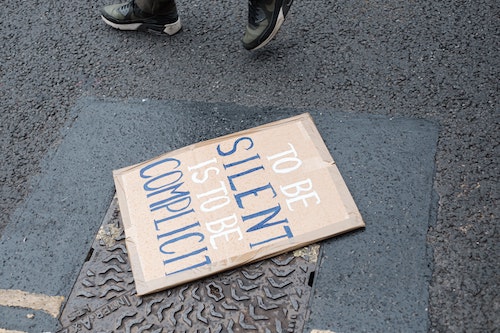
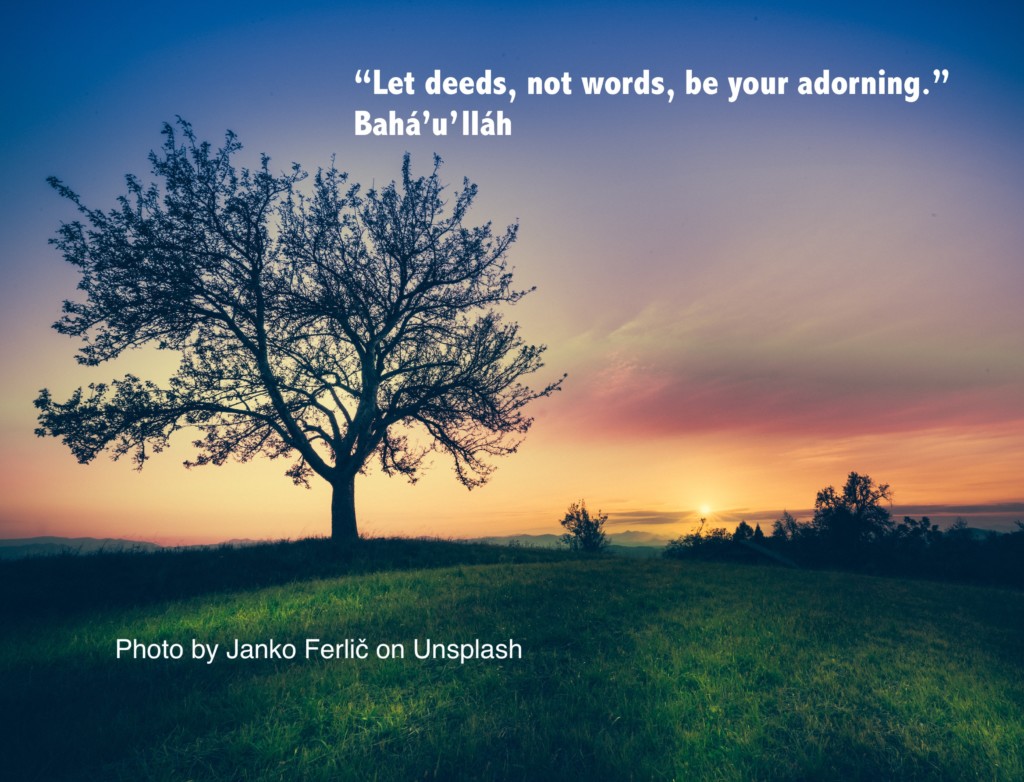
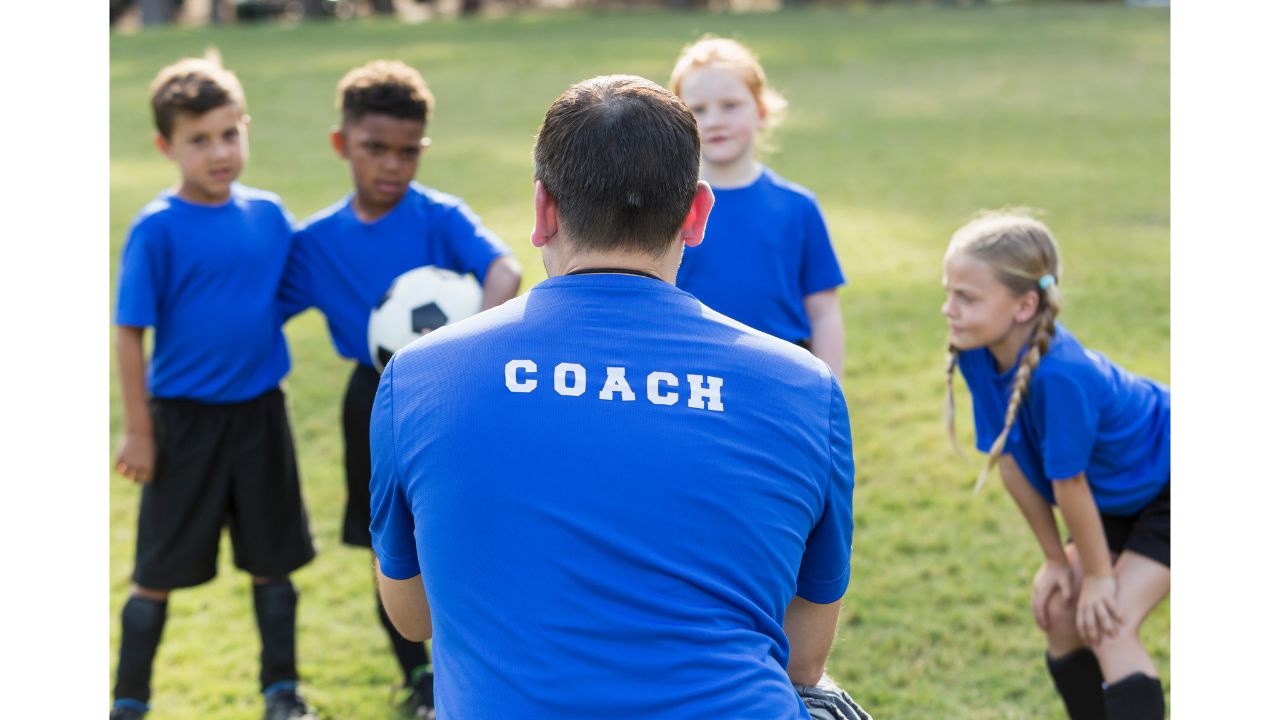
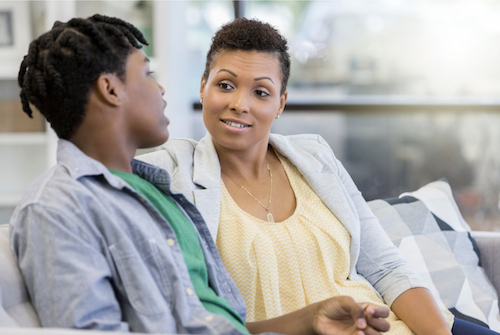
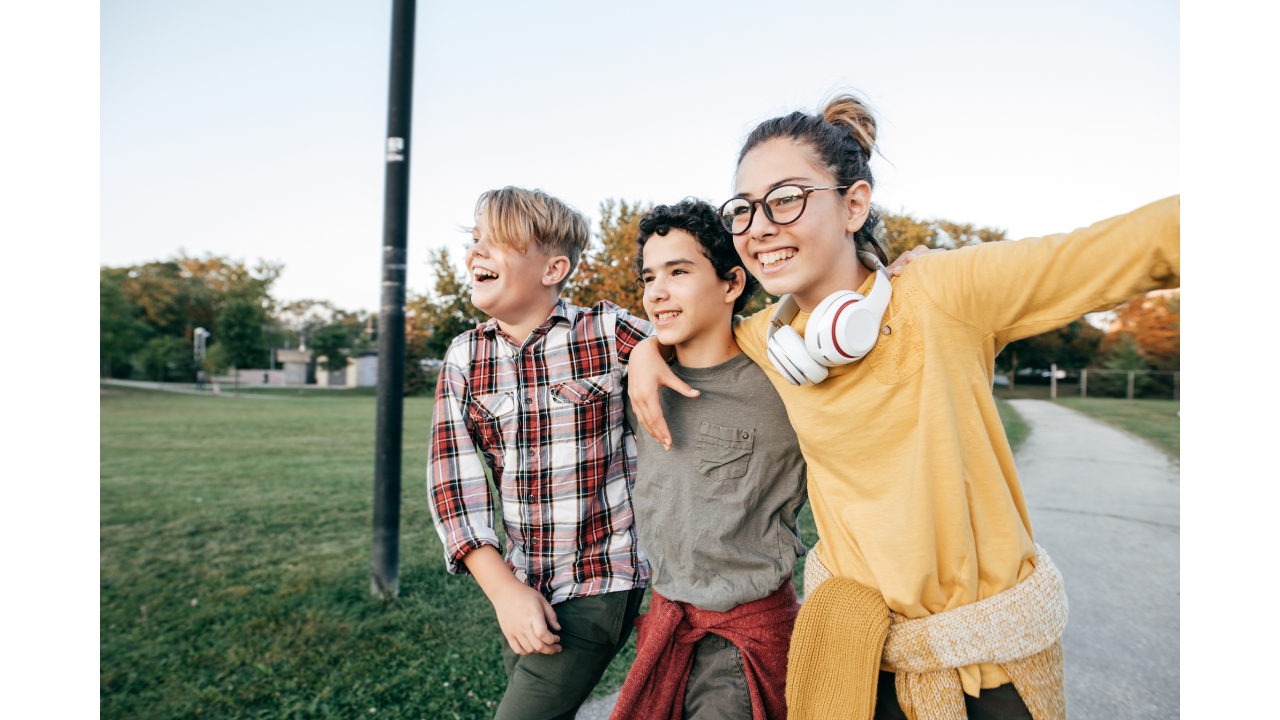
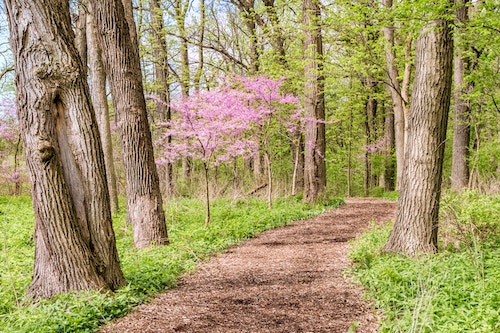

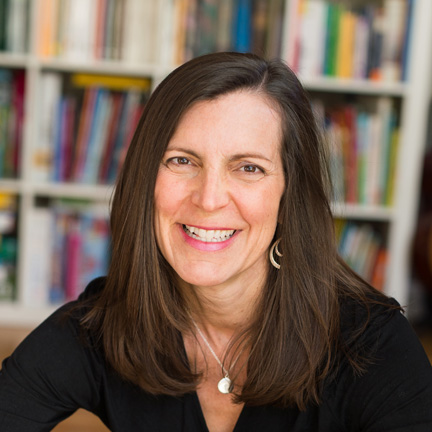
Leave A Comment